Meisam Mohammady
Universally Harmonizing Differential Privacy Mechanisms for Federated Learning: Boosting Accuracy and Convergence
Jul 24, 2024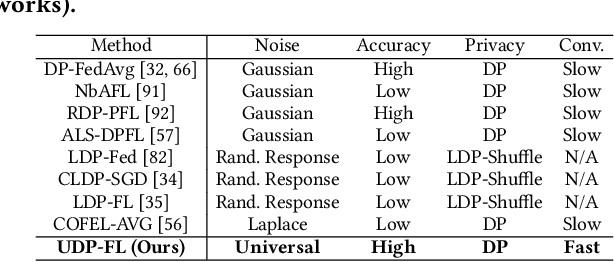

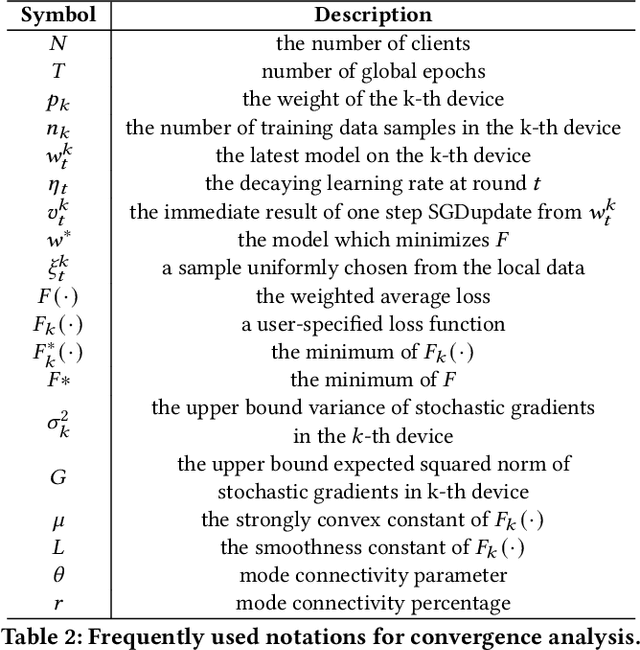
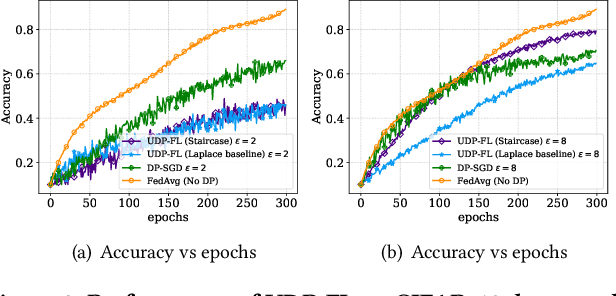
Abstract:Differentially private federated learning (DP-FL) is a promising technique for collaborative model training while ensuring provable privacy for clients. However, optimizing the tradeoff between privacy and accuracy remains a critical challenge. To our best knowledge, we propose the first DP-FL framework (namely UDP-FL), which universally harmonizes any randomization mechanism (e.g., an optimal one) with the Gaussian Moments Accountant (viz. DP-SGD) to significantly boost accuracy and convergence. Specifically, UDP-FL demonstrates enhanced model performance by mitigating the reliance on Gaussian noise. The key mediator variable in this transformation is the R\'enyi Differential Privacy notion, which is carefully used to harmonize privacy budgets. We also propose an innovative method to theoretically analyze the convergence for DP-FL (including our UDP-FL ) based on mode connectivity analysis. Moreover, we evaluate our UDP-FL through extensive experiments benchmarked against state-of-the-art (SOTA) methods, demonstrating superior performance on both privacy guarantees and model performance. Notably, UDP-FL exhibits substantial resilience against different inference attacks, indicating a significant advance in safeguarding sensitive data in federated learning environments.
DPOAD: Differentially Private Outsourcing of Anomaly Detection through Iterative Sensitivity Learning
Jun 27, 2022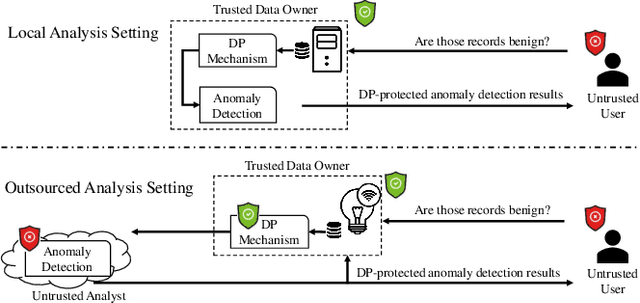
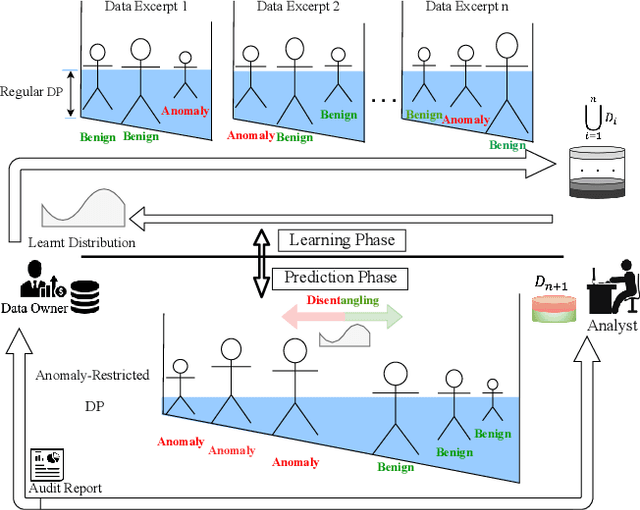
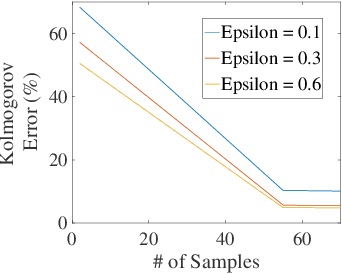
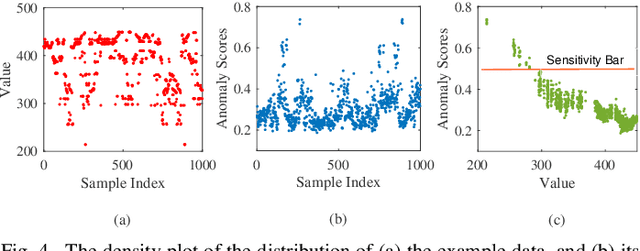
Abstract:Outsourcing anomaly detection to third-parties can allow data owners to overcome resource constraints (e.g., in lightweight IoT devices), facilitate collaborative analysis (e.g., under distributed or multi-party scenarios), and benefit from lower costs and specialized expertise (e.g., of Managed Security Service Providers). Despite such benefits, a data owner may feel reluctant to outsource anomaly detection without sufficient privacy protection. To that end, most existing privacy solutions would face a novel challenge, i.e., preserving privacy usually requires the difference between data entries to be eliminated or reduced, whereas anomaly detection critically depends on that difference. Such a conflict is recently resolved under a local analysis setting with trusted analysts (where no outsourcing is involved) through moving the focus of differential privacy (DP) guarantee from "all" to only "benign" entries. In this paper, we observe that such an approach is not directly applicable to the outsourcing setting, because data owners do not know which entries are "benign" prior to outsourcing, and hence cannot selectively apply DP on data entries. Therefore, we propose a novel iterative solution for the data owner to gradually "disentangle" the anomalous entries from the benign ones such that the third-party analyst can produce accurate anomaly results with sufficient DP guarantee. We design and implement our Differentially Private Outsourcing of Anomaly Detection (DPOAD) framework, and demonstrate its benefits over baseline Laplace and PainFree mechanisms through experiments with real data from different application domains.
 Add to Chrome
Add to Chrome Add to Firefox
Add to Firefox Add to Edge
Add to Edge